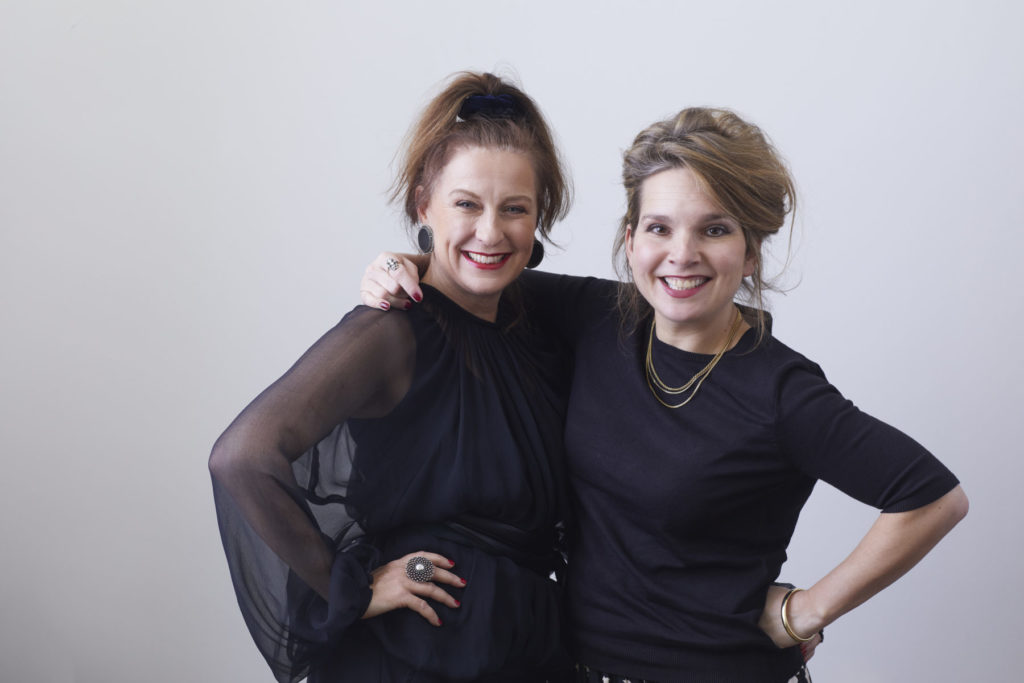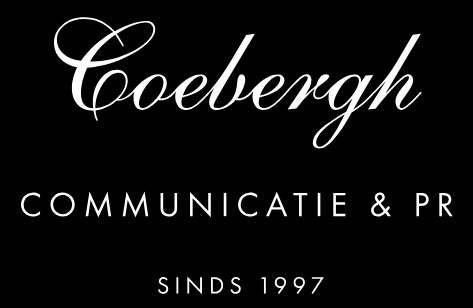The doors we cannot see.
By Jan Truijens Martinez –
The story began in a garden in Amsterdam.
‘It was a summer evening back in 2003,’ said Kiki. ‘I remember the sun was still up and everyone chatting outside with cocktails in hand.’ Listening to Kiki, I pictured one of those summer nights you take for granted living here. Days when everyone in Amsterdam seems to be outside, collectively forgetting for a brief moment that we live in a wet and cold country. Donned with dresses, shorts and sunglasses we turn our dreary streets into the boulevards of Barcelona. Such are the days when you run into long lost friends, who welcome you back with smiles, empty schedules and cold bottles of wine. In the summer of 2003, Kiki had just turned twenty. A communication sciences major without a clear idea what she would do after university. ‘I think I simply lacked ambition’.
Gervaise looked at me while shaking her head.
Two hours prior to this conversation, I visited the offices of Kiki and Gervaise on the Leidsegracht. Behind an inconspicuous door with a small sign that reads “Coebergh”, there lies a five-story office building hidden in the center of Amsterdam. Waiting for the door to open, I took a quick look in the window and straightened my shirt. Once inside, I tried to remember what it looked like the last time I was there. I had been invited by Gervaise, with twenty other guests for one of her dinner parties in the showroom. Instead of racks now filled with designer clothing for a photo shoot, there were tables filled with an abundance of wine, food and good company.
‘Jan, how nice to see you again,’ Gervaise said, standing at the top of the stairs. After coming down the stairs she greeted me with three kisses. ‘You look great. Come on, let’s go. Kiki is finishing up and will join us in a bit.’

It may seem like I know Gervaise well, but this is hardly the case. I know her via my friend Justus, a designer with whom she often collaborates. And the dinner I went to? To this day I am not sure why I was invited. When I asked my friend upon receiving the invitation, he answered cryptically: ‘well that’s Gervaise’. A few months after the dinner, I found myself walking along the canals with Gervaise to interview her and Kiki for the new Coebergh website.
‘Let’s combine the interview with a nice dinner’, Gervaise said. ‘You have to eat anyway, and I know a great place around the corner.’
During the walk to the restaurant, Gervaise asked me how my family was doing and how it feels to be a father. ‘You know my daughter is a great babysitter,’ she said with a wink.
After discussing my projects for the National Opera & Ballet, I caught a glimpse of how Gervaise works. She listens carefully, paying attention to every word while offering ideas, or more precisely, suggestions. Because she doesn’t press. Leaving it up to you to just enjoy a stroll on a sunny day in Amsterdam or to walk through a previously unseen door.
The restaurant is located on the same canal as her office.
‘This is a nice spot for a conversation’, said Gervaise who walked over to the kitchen to greet the chef. Shortly after Kiki arrived. ‘Apologies for the delay. You must be Jan. How nice of you to take the time to meet with us.’I took out my notebook and list of questions that I’d written down the night before. Questions about what public relations meant to them, which clients they worked with and what it’s like to work together for so many years.
‘How would you like to start?’ I asked. ‘Or shall I begin with you Kiki and discuss how you started at Coebergh?’
‘No’, she said. “Let’s start with you. I first want to know more about you.’ For the second time that evening, I was talking about myself, telling Kiki about what I’m working on, how old my daughter is, where my wife works and of course how I met her. After my second beer, it felt more like catching up with old friends than me conducting an interview. It’s only after the pasta alle vongole arrives that I learned how Gervaise and Kiki met.
‘It was very busy and although we were sufficiently staffed, the party wasn’t really going well. From an organizational point of view. There were empty glasses everywhere, guests had no drinks, while at the same time some of the girls were smoking cigarettes outside’, said Kiki.
‘And what were you doing?’
‘Well, I was working of course.’
Gervaise too had noticed the catering was not going well, but had also noticed Kiki. She walked over to her and spoke the only words she would say to her that evening: ‘From now on you are in charge.’ She then returned to her guests.
‘Didn’t you ask her what she meant by that?’
‘No, it was clear to me what had to be done. I immediately dismissed a few of the girls and sent them home and then put everything back on track with a small group of people.’ Gervaise smiled when she heard the story, although she must have heard it hundreds of times by now. Or, perhaps it’s just that she remembered what she saw back there in the garden and Kiki did not yet see. Where Kiki described herself as a student with a lack of ambition, Gervaise saw something else in the young woman – promise. Not long after the evening in the garden, Kiki became an intern at Coebergh, got hired and eventually became co-owner of the company.

When I got home that evening and went over my interview notes and compared them to my research, it seems as though I had been preparing for a different interview. To prepare for the interview I looked into the development of public relations as a profession, the role of data analysis and how a firm distinguishes itself from other firms, none of these themes came up during our conversation. Nor did I write anything about the companies Gervaise founded, the profit and non-profit organizations she advises and the social and cultural initiatives to which she contributes. I also didn’t mention the fact that Kiki runs Coebergh’s daily operations with the same drive as that cocktail party many summers ago. But at the same time, it made sense that all of this did not come up. None of this would have given a proper insight into who Kiki and Gervaise are, or how it is to work with them. An insight I could not find by asking the questions I prepared, but only by listening to the question that each of them asked me at the beginning of the evening: who are you?

After the last drink, I asked for the check. ‘No need’, said Gervaise. ‘That’s taken care of.’
‘How nice to meet you Jan,’ said Kiki. ‘Enjoy your daughter and beautiful wife.’ When I stepped outside, it was still warm and the sun was still up. On my phone, I saw the messages from my wife. The babysitter is staying a bit longer and whether I was keen on meeting up on a terrace with some friends. I told her that I would be there in ten minutes. Just before I drove of I looked back and saw that Gervaise and Kiki were still talking. Without any of the guests noticing, somewhere in Amsterdam a door was opened.


